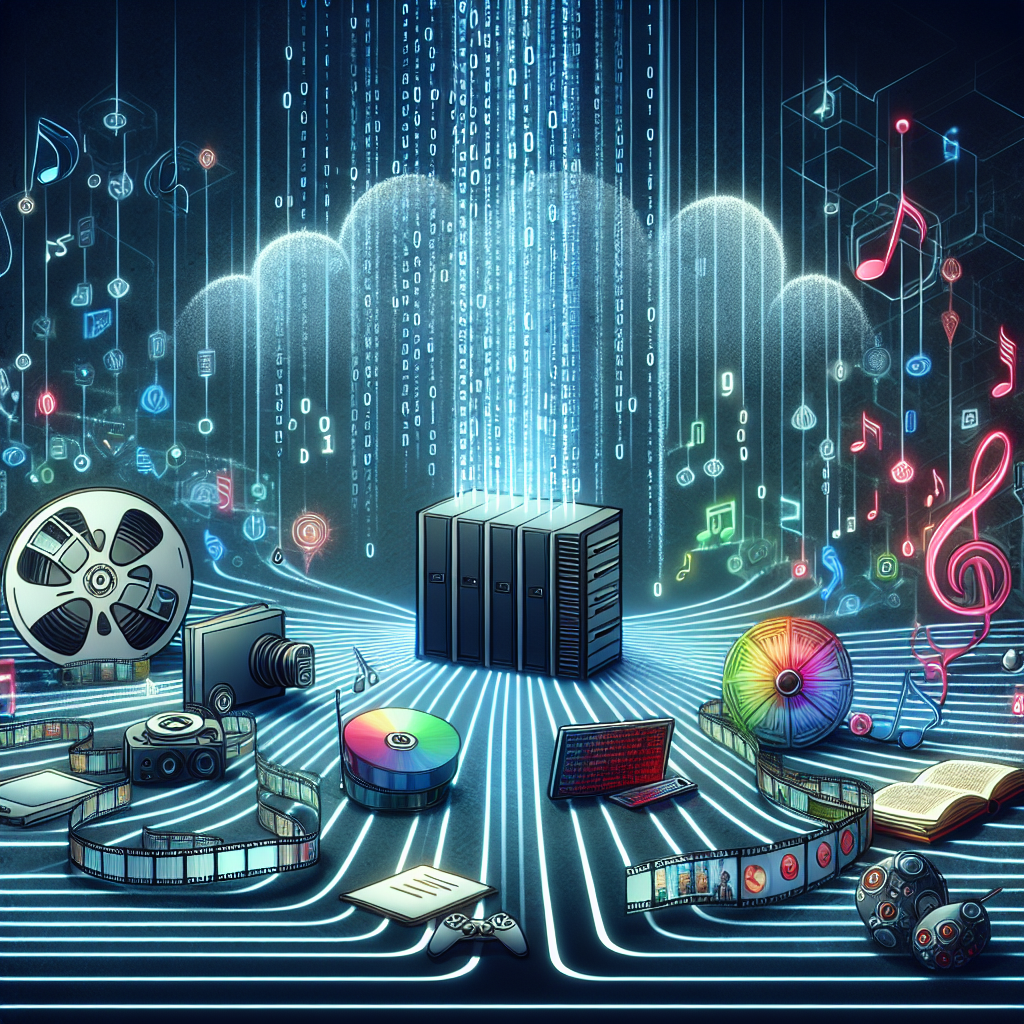The entertainment industry has always been at the forefront of innovation, constantly seeking new ways to engage audiences and create unforgettable experiences. In recent years, the rise of artificial intelligence (AI) automation has been transforming the entertainment industry in profound ways, revolutionizing the way content is created, distributed, and consumed. From personalized recommendations to virtual reality experiences, AI automation is reshaping the entertainment landscape and opening up new possibilities for creators and consumers alike.
One of the key ways AI automation is transforming the entertainment industry is through content creation. AI algorithms are able to analyze vast amounts of data to identify trends and patterns that can help creators develop more engaging and relevant content. For example, streaming platforms like Netflix and Spotify use AI to recommend movies, TV shows, and music based on users’ viewing and listening habits. This personalized approach to content recommendation not only enhances the user experience but also helps content creators reach new audiences and drive engagement.
AI automation is also being used to streamline the production process, making it faster, more efficient, and cost-effective. For example, AI-powered editing tools can analyze raw footage and automatically generate a polished final product, saving time and resources for filmmakers. Similarly, AI algorithms can be used to predict box office performance and audience reception, helping studios make more informed decisions about which projects to greenlight.
In addition to content creation and production, AI automation is transforming the way content is distributed and consumed. Streaming platforms like Netflix and Amazon Prime use AI algorithms to optimize their content delivery networks, ensuring that users have a seamless viewing experience regardless of their location or device. AI-powered chatbots and virtual assistants are also being used to provide personalized customer support and recommendations, enhancing the overall user experience.
One of the most exciting developments in AI automation is the use of virtual reality (VR) and augmented reality (AR) technologies to create immersive entertainment experiences. AI algorithms can analyze user behavior and preferences to create personalized VR and AR experiences that adapt in real-time based on the user’s reactions. This level of interactivity and personalization is revolutionizing the way audiences engage with content, blurring the lines between reality and fiction.
Despite the many benefits of AI automation in the entertainment industry, there are also concerns about its impact on jobs and creativity. Some fear that AI automation will lead to job losses in traditional roles like editing, sound design, and production. However, proponents of AI argue that automation will actually create new opportunities for creatives to collaborate with AI algorithms and push the boundaries of what is possible in entertainment.
In terms of creativity, some worry that AI automation will lead to a homogenization of content, as algorithms prioritize popular trends and formulas over originality and innovation. However, others believe that AI can actually enhance creativity by providing creators with new tools and insights that can inspire fresh ideas and approaches.
Overall, the impact of AI automation on the entertainment industry is still being realized, but one thing is clear: it is transforming the way content is created, distributed, and consumed in ways that were previously unimaginable. As AI technology continues to evolve and improve, we can expect to see even more innovative and immersive entertainment experiences that push the boundaries of what is possible.
FAQs:
1. How is AI automation being used in content creation in the entertainment industry?
AI automation is being used in content creation to analyze data and trends, personalize recommendations, streamline production processes, and predict audience behavior.
2. What are some examples of AI automation in the entertainment industry?
Examples of AI automation in the entertainment industry include personalized content recommendations on streaming platforms, AI-powered editing tools, predictive analytics for box office performance, and immersive VR and AR experiences.
3. What are some concerns about AI automation in the entertainment industry?
Some concerns about AI automation in the entertainment industry include job losses in traditional roles, homogenization of content, and a potential reduction in creativity and originality.
4. How can AI automation enhance creativity in the entertainment industry?
AI automation can enhance creativity in the entertainment industry by providing creators with new tools and insights that can inspire fresh ideas and approaches.
5. What is the future of AI automation in the entertainment industry?
The future of AI automation in the entertainment industry is bright, with continued advancements in technology leading to even more innovative and immersive entertainment experiences that push the boundaries of what is possible.

